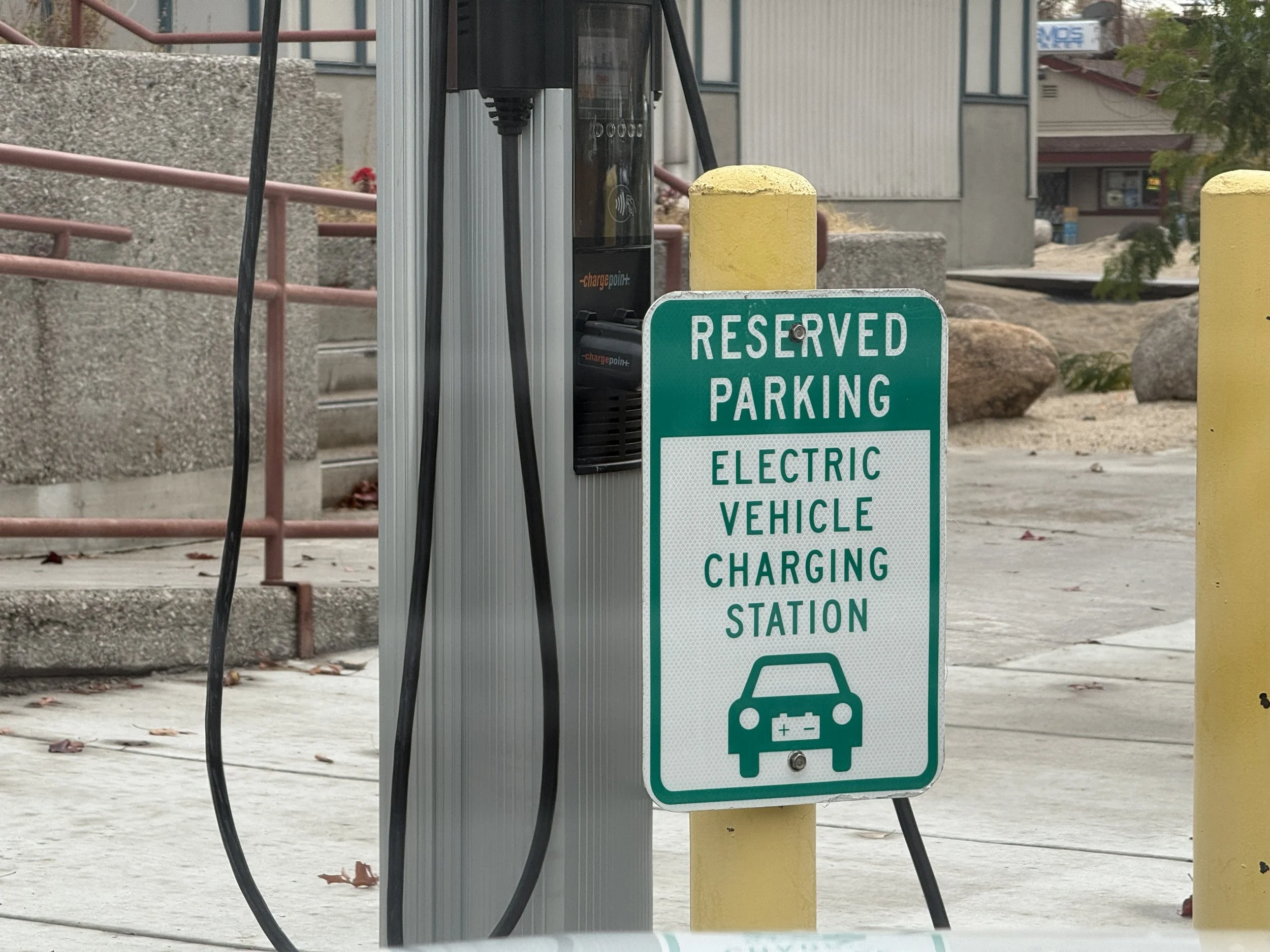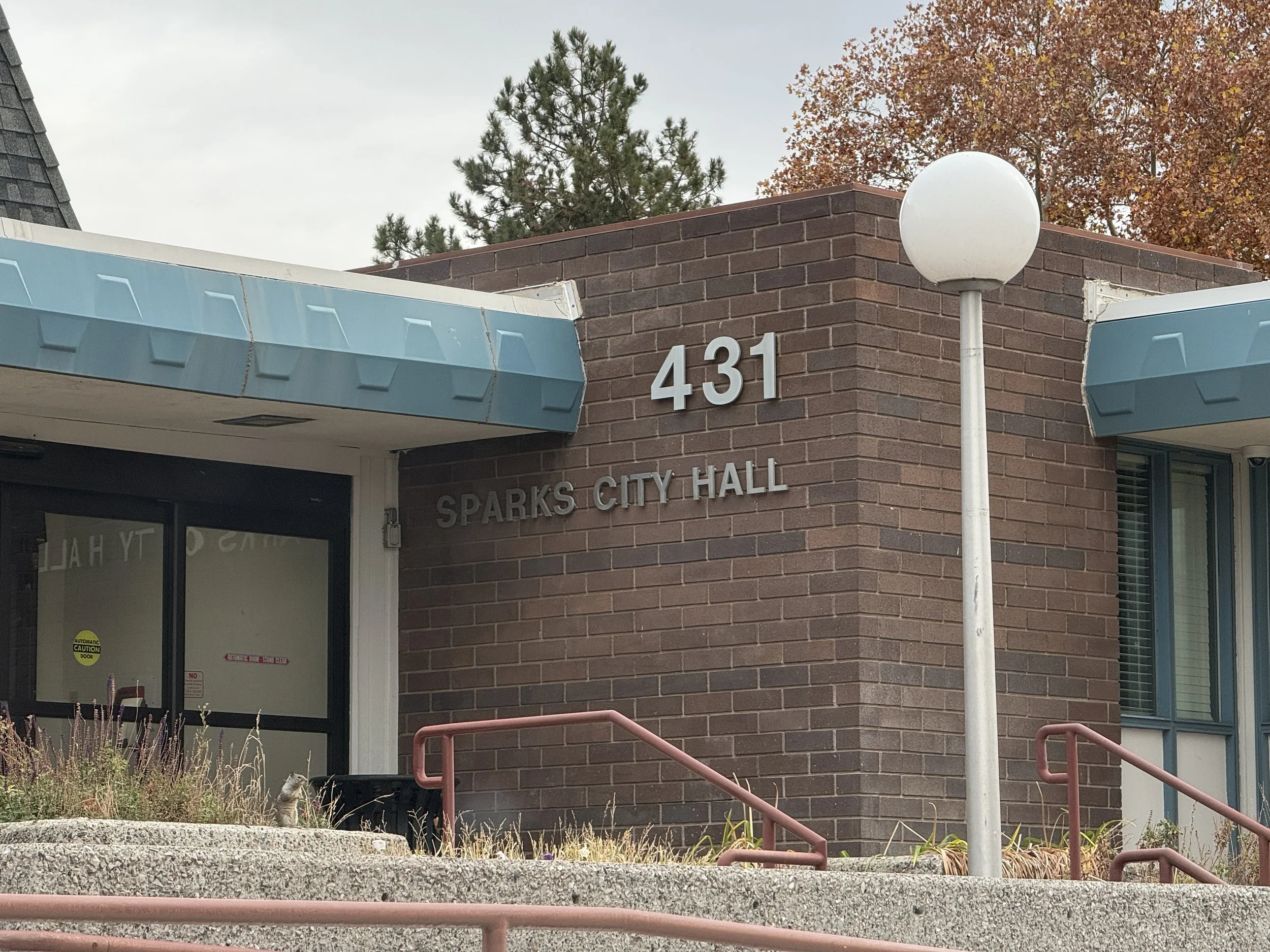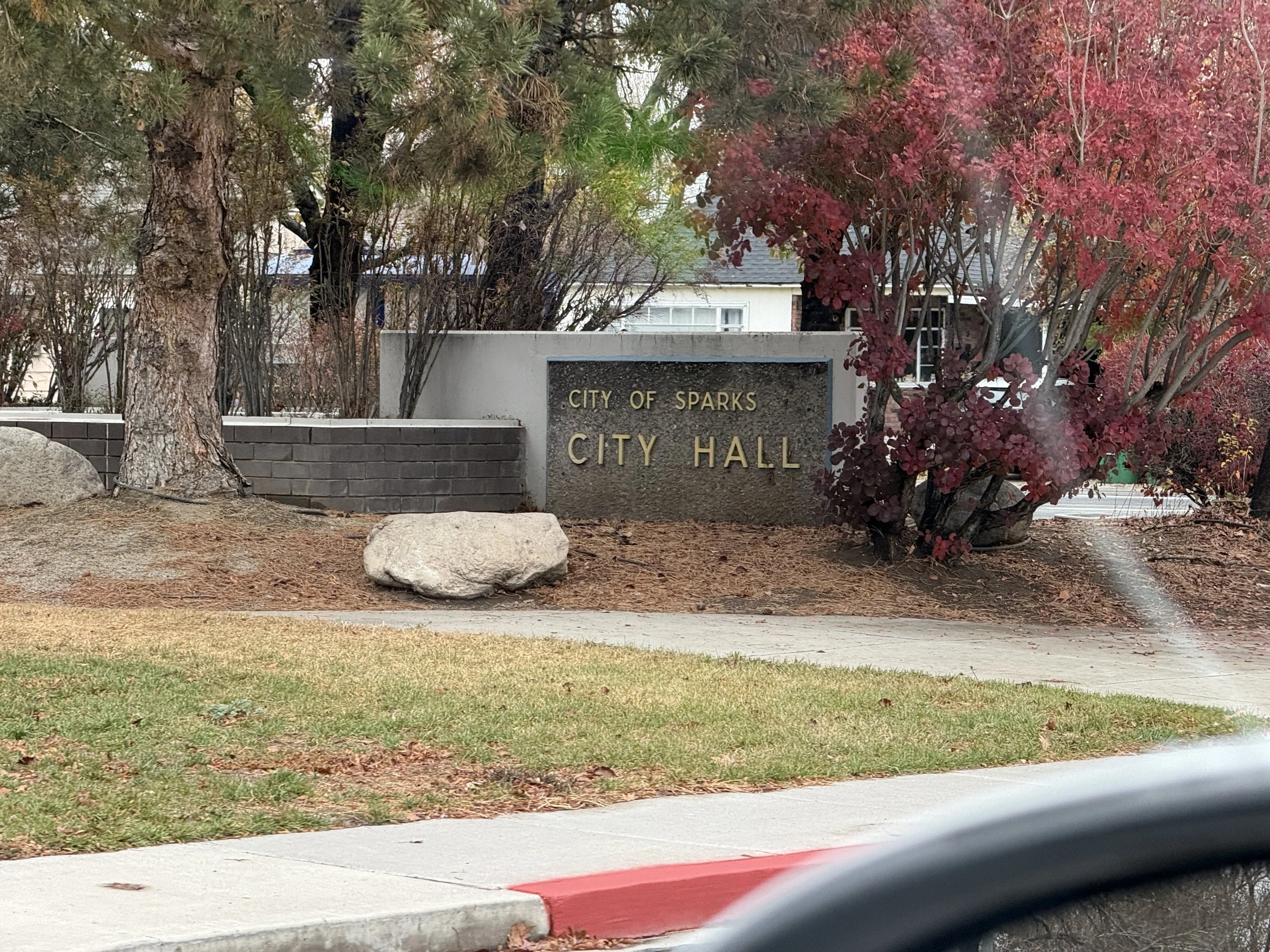Fiscal Responsibility and
Innovation for Sparks
Strategic Fleet Electrification
Strategic electrification of certain vehicles in the City of Sparks fleet isn’t just good for the environment - it’s good for taxpayers. Electric vehicles can dramatically reduce fuel costs and cut long-term maintenance expenses, saving money year after year.
But as with any major investment, we need strong oversight. Auditing our fleet policies ensures we’re choosing the right vehicles for the right jobs, avoiding unnecessary spending, and getting real value out of every electric transition we make, as well as every gas and diesel vehicle purchased or kept in service.
Smart electrification means lower costs, better reliability, and a fleet that works for the people of Sparks.
Executive Contracts Review
As key executives retire or resign, the City of Sparks must review and audit their contracts to ensure compensation aligns with the needs and priorities of the community. Executive pay should reflect public service, not private-sector excess.
Some non-renewal and separation packages have grown far beyond what is reasonable - in some cases looking more like payouts for Division One college coaches than municipal employees. That’s not sustainable, and it’s not responsible stewardship of taxpayer dollars.
Regular audits and right-sized contracts will keep compensation fair, transparent, and accountable to the people of Sparks.
Return of Risk Management
The City of Sparks needs to prioritize hiring a dedicated risk manager and return to a traditional, accountable risk-management model. In recent years, constant lawsuits and repeated settlements have driven our insurance premiums higher and exposed the city to avoidable financial risk.
A strong risk-management program protects taxpayers, improves safety, and reduces costly legal issues before they happen. Bringing in a qualified risk manager is not optional - it’s a necessary step to stabilize our premiums, prevent future claims, and ensure smarter decision-making across every department.
Responsible government starts with reducing risk, not paying for it after the fact.



